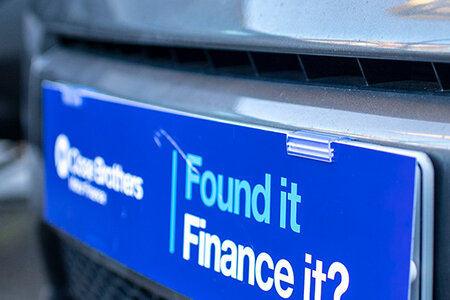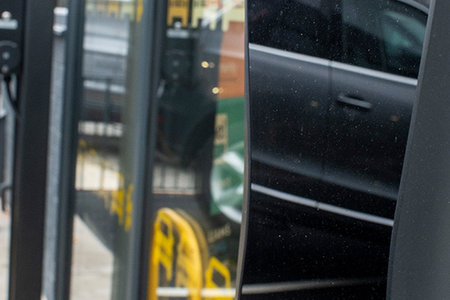Today, there are more women that own cars in the UK than ever before, they represent more than half of UK license holders, and influence a massive 80% of global car purchases.
And yet, the Britain Under the Bonnet report from Close Brothers Motor Finance shows that women are still more likely to feel pressured into making a purchase at a dealership than men. One in five women (19%), when purchasing their last car, said the dealer put pressure on them to make a decision, compared with one in seven men (14%).
Women are about as likely as men to say they were happy with the price offered (83% women vs 84% men), expertise of their dealer (78% vs 75%) and range of stock (81% vs 81%), but despite this their actions suggest they’re more likely to look elsewhere when making a purchase.
The research revealed that women are less likely to buy a car from a car dealership (70% women vs 73% men) – especially a new car dealership (37% vs 46%) – and more likely to buy from a private seller (14% vs 11%). They’re also more likely to do their own independent research on websites such as Autotrader (38% vs 35%), get advice from their friends and family (39% vs 25%), or consult social media (12% vs 8%) when researching their next car.
Men, on the other hand, are more likely to take the advice of dealers and their websites (67% vs 64%) or rely on commentary from motor magazines (17% vs 10%).
Posing this issue directly to dealers, a quarter (25%) are making active efforts to attract and engage female customers. Initiatives include stocking particular types of vehicle, deliberately hiring female staff, and using targeted marketing (particularly on social media).
However, of the 75% of dealers not putting initiatives in place, four in ten don’t believe there’s a problem in the first place, and 63% said they did not feel they needed to as they already had a lot of female customers.
Rebecca McNeil, CEO of Close Brothers Motor Finance comments: “After years of assuming it was only men you should be talking to in order to sell cars, a changing landscape has prompted really positive developments across the industry. The number of women drivers is growing faster than men such that they now make up the majority of drivers on our roads, and they are more likely to be the key decision maker when purchasing a car. It’s vital that dealers put some thought into making the showroom an enjoyable experience for this ever-growing audience.
“Dealers remain by some distance the preferred source of information when researching a car, particularly for EVs and AFVs where sales are growing fastest. However, consumers are becoming increasingly aware of what best suits their specific needs, financial or otherwise. The onus on dealers is to ensure the offer put to all customers continues to be the right one, be that the right stock, dealer experience, or finance promotion.”
Britain Under the Bonnet methodology
The figures in this report are based on Close Brothers Motor Finance’s own data, a telephone survey of over 200 UK car dealers undertaken between November and December 2018, and on a consumer survey of over 2,000 UK drivers, weighted to be nationally representative. The survey was conducted in November 2018, and November 2017 by Censuswide. All statistics in the report, unless stated otherwise, are taken from the aforementioned sources.
Dealer Satisfaction Survey
The Dealer Satisfaction Survey is a continual telephone survey undertaken by Close Brothers Motor Finance and reported on a quarterly basis. The survey questions 200 new and used dealerships across the UK to help provide a picture of dealer trends and help Close Brothers Motor Finance improve their service. This iteration of the survey was undertaken during May and July 2019.






